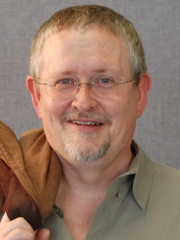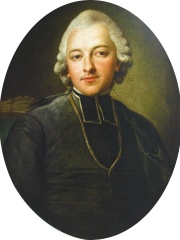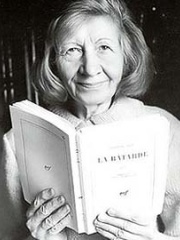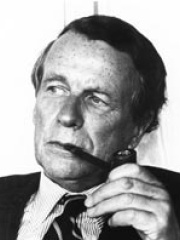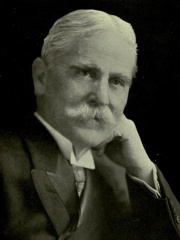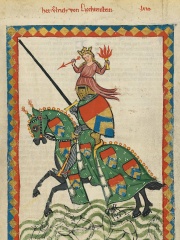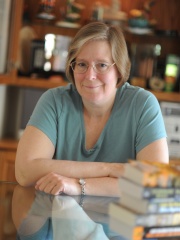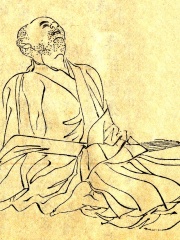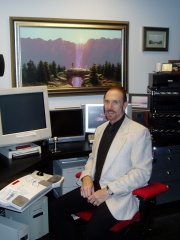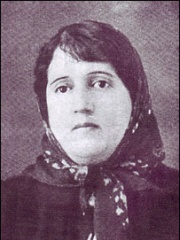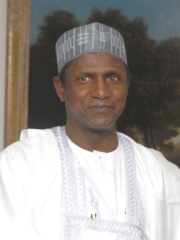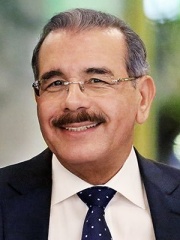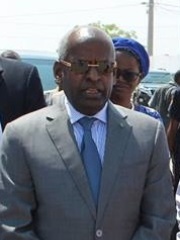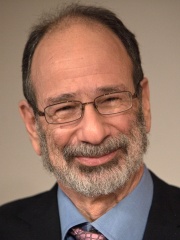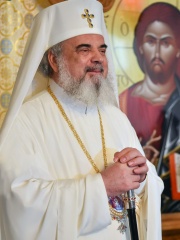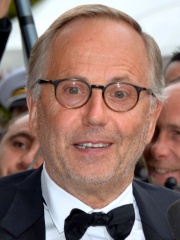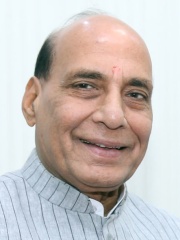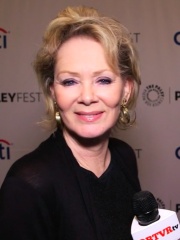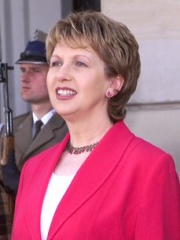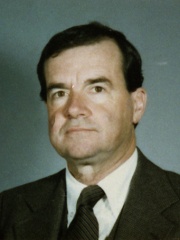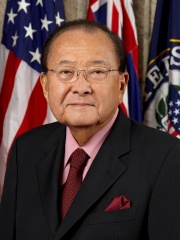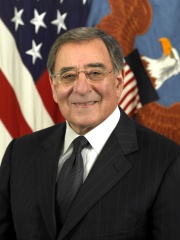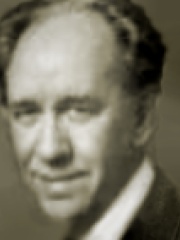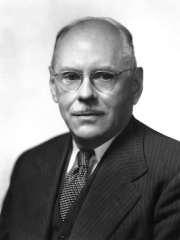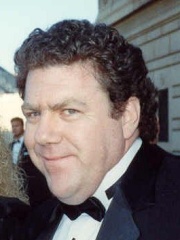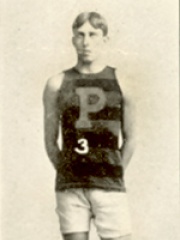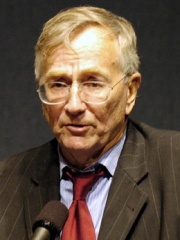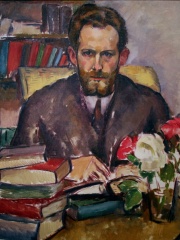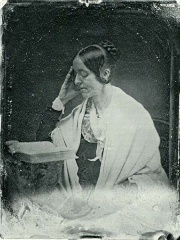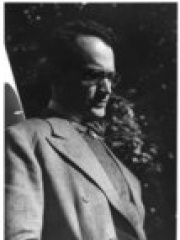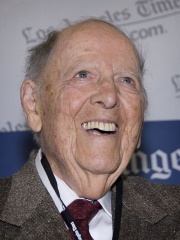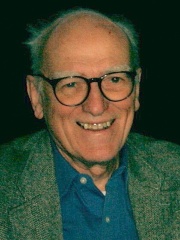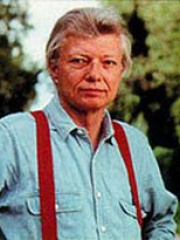作家
Orson Scott Card
1951 - 至今
ZH.WIKIPEDIA PAGE VIEWS (PV)
Memorability Metrics
Page views of Orson Scott Card by language
Among 作家
Among 作家, Orson Scott Card ranks 2,679 out of 7,302. Before him are Ignacy Krasicki, Wadih Sa'adeh, Violette Leduc, David Ogilvy, Henry van Dyke Jr., and Ulrich von Liechtenstein. After him are Lois McMaster Bujold, Dorothe Engelbretsdatter, Édouard Glissant, Kamo no Chōmei, Terry Goodkind, and Parvin E'tesami.
Most Popular 作家 in Wikipedia
Go to all RankingsIgnacy Krasicki
1735 - 1801
HPI: 61.23
Rank: 2,673
Wadih Sa'adeh
1948 - Present
HPI: 61.23
Rank: 2,674
Violette Leduc
1907 - 1972
HPI: 61.23
Rank: 2,675
David Ogilvy
1911 - 1999
HPI: 61.23
Rank: 2,676
Henry van Dyke Jr.
1852 - 1933
HPI: 61.22
Rank: 2,677
Ulrich von Liechtenstein
1200 - 1275
HPI: 61.22
Rank: 2,678
Orson Scott Card
1951 - Present
HPI: 61.22
Rank: 2,679
Lois McMaster Bujold
1949 - Present
HPI: 61.22
Rank: 2,680
Dorothe Engelbretsdatter
1634 - 1716
HPI: 61.21
Rank: 2,681
Édouard Glissant
1928 - 2011
HPI: 61.20
Rank: 2,682
Kamo no Chōmei
1155 - 1216
HPI: 61.20
Rank: 2,683
Terry Goodkind
1948 - 2020
HPI: 61.20
Rank: 2,684
Parvin E'tesami
1907 - 1941
HPI: 61.20
Rank: 2,685
Contemporaries
Among people born in 1951, Orson Scott Card ranks 172. Before him are Umaru Musa Yar'Adua, Danilo Medina, Abdoulkader Kamil Mohamed, Jeanette, Alvin E. Roth, and Andy Thomas. After him are Patriarch Daniel of Romania, Fabrice Luchini, Rajnath Singh, Keb' Mo', Jean Smart, and Mary McAleese.
Others Born in 1951
Go to all RankingsUmaru Musa Yar'Adua
POLITICIAN
1951 - 2010
HPI: 61.59
Rank: 166
Danilo Medina
POLITICIAN
1951 - Present
HPI: 61.52
Rank: 167
Abdoulkader Kamil Mohamed
POLITICIAN
1951 - Present
HPI: 61.43
Rank: 168
Jeanette
SINGER
1951 - Present
HPI: 61.38
Rank: 169
Alvin E. Roth
ECONOMIST
1951 - Present
HPI: 61.38
Rank: 170
Andy Thomas
ASTRONAUT
1951 - Present
HPI: 61.27
Rank: 171
Orson Scott Card
WRITER
1951 - Present
HPI: 61.22
Rank: 172
Patriarch Daniel of Romania
POLITICIAN
1951 - Present
HPI: 61.21
Rank: 173
Fabrice Luchini
ACTOR
1951 - Present
HPI: 61.19
Rank: 174
Rajnath Singh
POLITICIAN
1951 - Present
HPI: 61.17
Rank: 175
Keb' Mo'
SINGER
1951 - Present
HPI: 61.15
Rank: 176
Jean Smart
ACTOR
1951 - Present
HPI: 61.12
Rank: 177
Mary McAleese
POLITICIAN
1951 - Present
HPI: 61.05
Rank: 178
In 美国
Among people born in 美国, Orson Scott Card ranks 3,857 out of NaN. Before him are William P. Clark Jr. (1931), Daniel Inouye (1924), Sheryl Crow (1962), Akon (1973), Leon Panetta (1938), and Henry van Dyke Jr. (1852). After him are Raymond Franz (1922), Lois McMaster Bujold (1949), Frank Knight (1885), Melissa Etheridge (1961), George Wendt (1948), and Irving Baxter (1876).
Others born in 美国
Go to all RankingsWilliam P. Clark Jr.
POLITICIAN
1931 - 2013
HPI: 61.23
Rank: 3,851
Daniel Inouye
POLITICIAN
1924 - 2012
HPI: 61.23
Rank: 3,852
Sheryl Crow
SINGER
1962 - Present
HPI: 61.23
Rank: 3,853
Akon
SINGER
1973 - Present
HPI: 61.23
Rank: 3,854
Leon Panetta
POLITICIAN
1938 - Present
HPI: 61.22
Rank: 3,855
Henry van Dyke Jr.
WRITER
1852 - 1933
HPI: 61.22
Rank: 3,856
Orson Scott Card
WRITER
1951 - Present
HPI: 61.22
Rank: 3,857
Raymond Franz
RELIGIOUS FIGURE
1922 - 2010
HPI: 61.22
Rank: 3,858
Lois McMaster Bujold
WRITER
1949 - Present
HPI: 61.22
Rank: 3,859
Frank Knight
ECONOMIST
1885 - 1972
HPI: 61.22
Rank: 3,860
Melissa Etheridge
SINGER
1961 - Present
HPI: 61.22
Rank: 3,861
George Wendt
ACTOR
1948 - 2025
HPI: 61.21
Rank: 3,862
Irving Baxter
ATHLETE
1876 - 1957
HPI: 61.21
Rank: 3,863
Among 作家 In 美国
Among 作家 born in 美国, Orson Scott Card ranks 306. Before him are Seymour Hersh (1937), Andy Weir (1972), S. S. Van Dine (1888), Terry Brooks (1944), Margaret Fuller (1810), and Henry van Dyke Jr. (1852). After him are Lois McMaster Bujold (1949), Terry Goodkind (1948), Varian Fry (1907), Herman Wouk (1915), Donald E. Westlake (1933), and Robert James Waller (1939).
Seymour Hersh
1937 - Present
HPI: 61.36
Rank: 300
Andy Weir
1972 - Present
HPI: 61.33
Rank: 301
S. S. Van Dine
1888 - 1939
HPI: 61.30
Rank: 302
Terry Brooks
1944 - Present
HPI: 61.29
Rank: 303
Margaret Fuller
1810 - 1850
HPI: 61.25
Rank: 304
Henry van Dyke Jr.
1852 - 1933
HPI: 61.22
Rank: 305
Orson Scott Card
1951 - Present
HPI: 61.22
Rank: 306
Lois McMaster Bujold
1949 - Present
HPI: 61.22
Rank: 307
Terry Goodkind
1948 - 2020
HPI: 61.20
Rank: 308
Varian Fry
1907 - 1967
HPI: 61.17
Rank: 309
Herman Wouk
1915 - 2019
HPI: 61.07
Rank: 310
Donald E. Westlake
1933 - 2008
HPI: 61.04
Rank: 311
Robert James Waller
1939 - 2017
HPI: 60.98
Rank: 312
